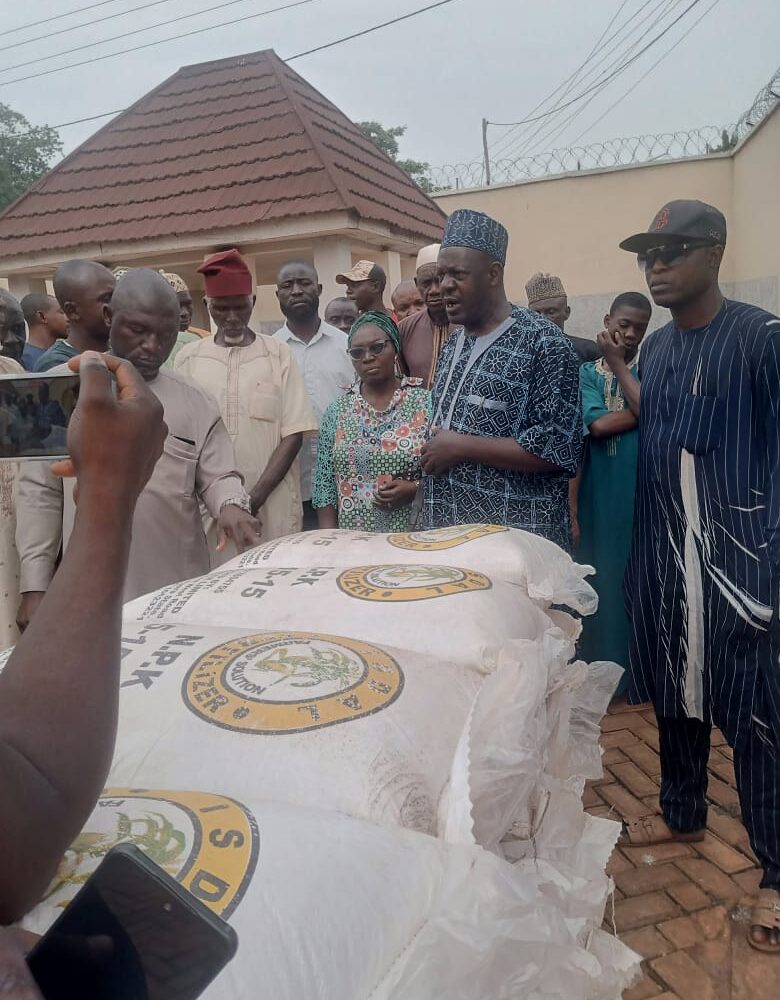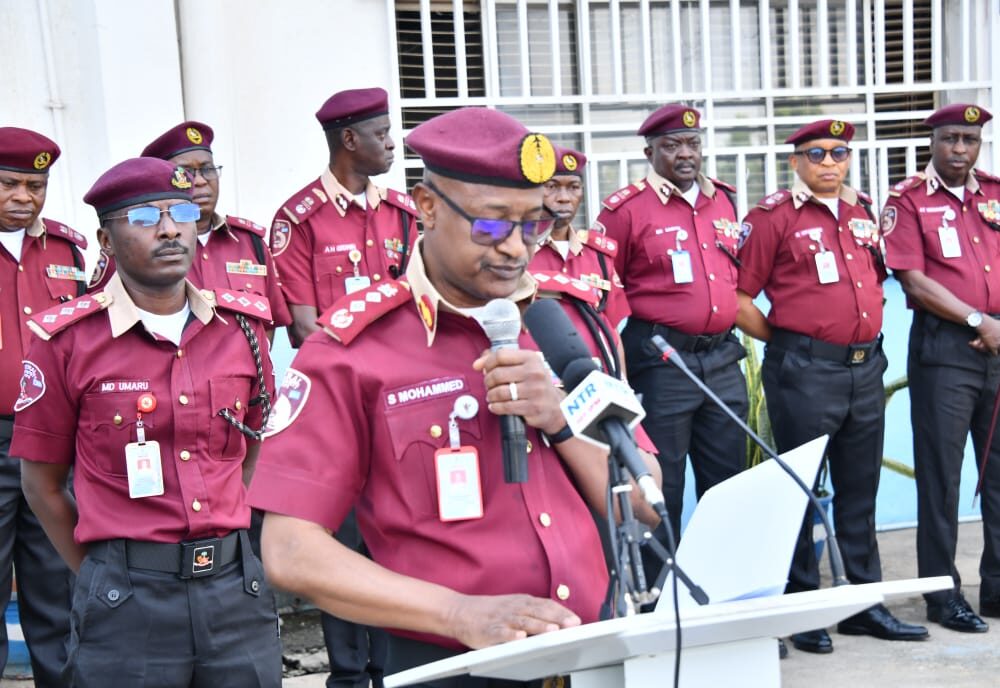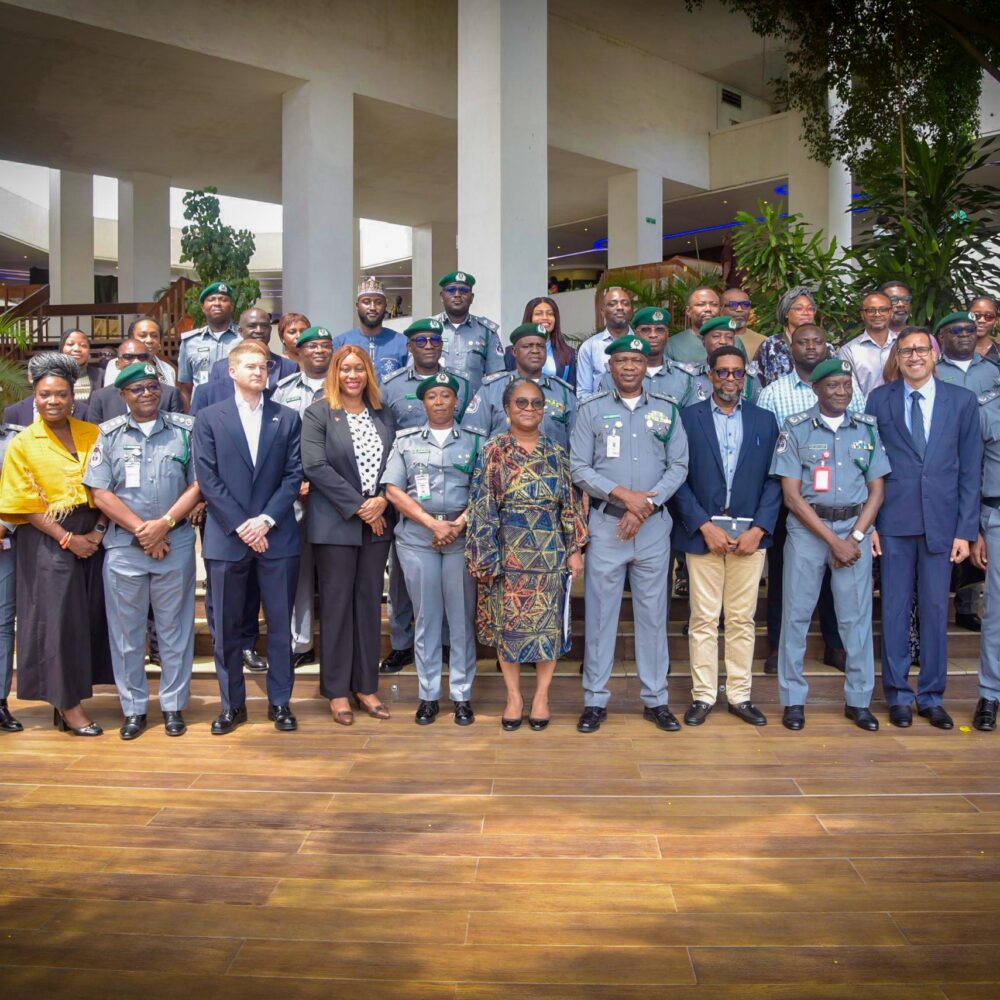The Acting Chairman of the Economic and Financial Crimes Commission, EFCC, Mr. Ibrahim Mustapha Magu has called on faith-based organizations to rise to the occasion in the fight against corruption by teaching their faithful moral uprightness and integrity.
Magu who spoke through the Head, Ibadan Zonal office of the Commission, Mr. Mohammed Rabo, 17th March, 2018 at the 7th Tri-Ennial National Delegate Conference of the National Council of Muslim Youth Organizations, observed that, “Every religion teaches the fear of God and abhors every behavioural digression that promotes moral decadence, impurity and all forms of vices including corruption”.
Referring to a well-known Hadith, Magu quoting Prophet Muhammad (Peace and blessings unto him) said: “Whoever amongst you sees something wrong he should change it physically – using his hand, if he is not able to do so with his hand, he should change it orally – speaking out in condemnation against it. If that is still not possible, he should detest it in his mind; this constitutes the weakest level of faith”, he urged.
According to him, given the teachings of the above Hadith and the corresponding dictates in other religion, there is no reason why all and sundry who believe in the commandments of God, particularly Muslims should not be in the forefront in the fight against corruption and other vices in the society. The strength or weakness of our faith can be measured by our ability or otherwise to stand up to and challenge those committing evil acts, including those acts that negatively impact our social, economic and moral well-being”.
However, he lamented how people now whip up religious sentiments whenever they are called upon to account for any alleged misdeed. “It is sad to note that the corrupt, using sponsored people claim that they are being prosecuted because of their region, or their ethnic identity. They do their utmost not to answer the all-important question of whether or not they were guilty of the corruption allegations against them”.
“When we arrest and prosecute individuals for economic and financial crimes we are oblivious of their religion or ethnic identity. What we see before us are men and women who have done something wrong and who should answer before the law courts”.
In any case, who among the corrupt and those engaged in financial and economic crimes does so in the name of his or her region, religion or ethnic group?, Magu asked. “Each and every person we have interrogated and prosecuted cornered resources meant for their people to private use, only to turn and appeal to those same people they have impoverished – whipping up ethno-religious sentiments”, he stated.
He urged the youth to form a vanguard against corruption and make themselves ambassadors of integrity by questioning any momentary wealth and ostentatious living.
Magu Urges Faith-based Organizations to support Anti-Graft War





